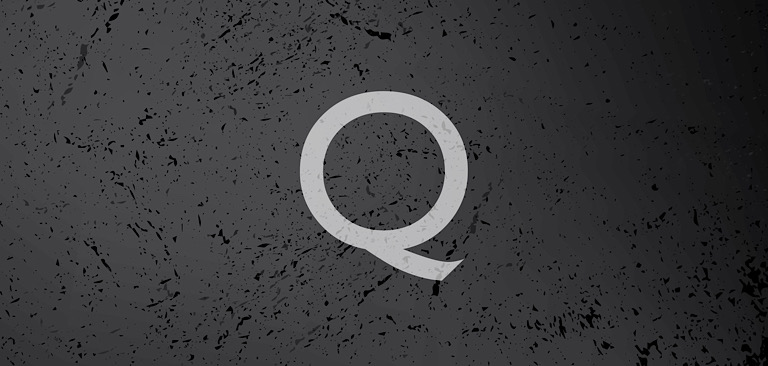After slowly chipping away at QAnon over the last few months, Facebook has made one of its biggest censorship moves to date and announced a blanket ban on pages, groups, and accounts representing the movement.
The announcement is one of the largest and most far-reaching bans Facebook has ever announced and is likely to further erode the movement’s declining engagement on the platform.
According to a Facebook spokesperson, individual QAnon posts will be allowed to remain on the platform (for now) but whole accounts dedicated to QAnon will be purged.
Most of the pressure to censor QAnon has come from mainstream media outlets and reporters who have complained about the popularity of the movement, claimed that it’s a “conspiracy theory” that spreads “harmful misinformation,” and demanded that the tech giants do more to suppress it.
Many mainstream media representatives celebrated Facebook’s QAnon ban by describing it as “important,” “great news,” and a “big deal.”
But several lawyers, journalists, and authors criticized Facebook for the arbitrary censorship decision and warned that it could pave the way for more sweeping censorship.
Lawyer Lin Wood described the QAnon ban as “Arbitrary, capricious, & unconstitutional.”
“Who appointed Marky Mark to be Chief Justice of First Amendment?,” Wood added. “Who trusts him to do anything other than increase his billions, sell your data, & invade your privacy?”
Journalist Glenn Greenwald pointed to the dystopian nature of Facebook’s censorship where the company will “make sure we read what we need to see, and keep us safe from the false and the harmful.”
And author Matt Taibbi tweeted that Facebook’s approach when banning QAnon is “either going to turn into speech whac-a-mole or a double standard.” Taibbi also warned that the QAnon ban could lead to wider censorship.
Taibbi’s point about a double standard is particularly pertinent considering that this week, numerous mainstream media outlets and reporters pushed wild, unsubstantiated theories about President Trump’s health – theories that many would describe as conspiracy theories.
Related: ? Big Tech’s double standard on “conspiracy theories” when they come from mainstream media
These conspiracy theories from mainstream media representatives were given a pass by Big Tech but when a popular, independent movement like QAnon is branded a conspiracy theory by the mainstream media, it’s aggressively censored.
Another story that makes this double standard even more apparent is that these unproven theories aren’t just allowed to go unchecked. In what was described as an effort to stop conspiracy theories about Trump’s health, YouTube actually boosted “authoritative” mainstream media outlets.
The impact of this double standard can be seen through Big Tech’s treatment of QAnon over the last five months.
Since May, Facebook, Twitter, TikTok, Google Play, and Linkedin have heavily censored QAnon with Facebook’s previous censorship causing a significant reduction in its engagement levels.
Now, QAnon has been almost entirely erased from the world’s largest social network while mainstream media outlets continue to be boosted while they spread speculative, unfounded rumors.








